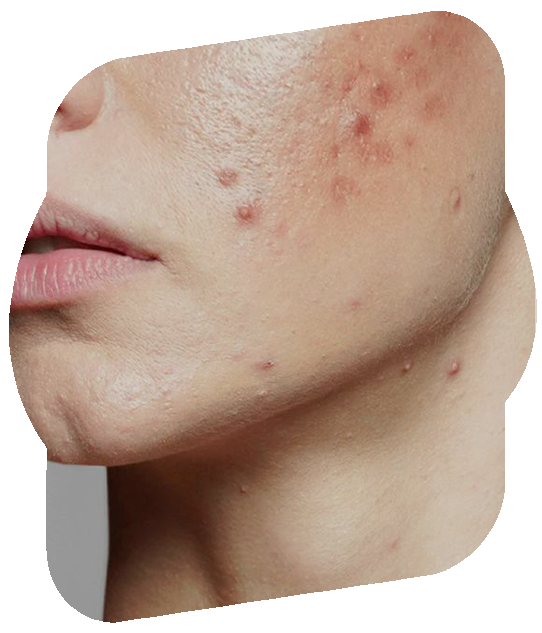


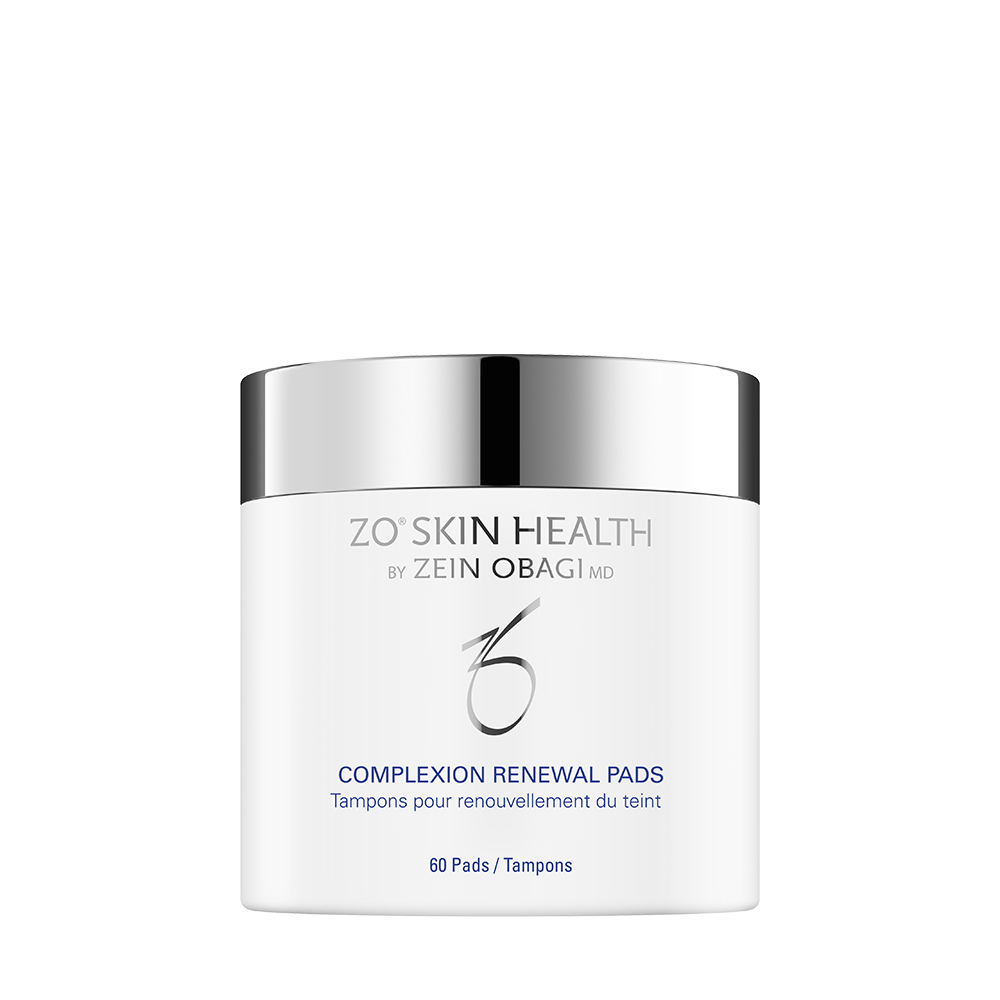

Acne is the most common skin condition across the globe, affecting people psychologically and pose an increased risk of scar formation. However, with the right approach, it can be controlled and managed effectively. Acne is caused by a combination of factors, including hormones, genetics, and lifestyle. These factors all lead to an overproduction of sebum (oil) one way or another, manifesting in various forms of acne, including blackheads, whiteheads, pimples, and pustules. Inappropriate product usage can further exacerbate this condition by clogging the hair follicles and pores. Many times, acne is accompanied by an overly shiny face that indicates the overproduction of sebum as well. Oiliness is typically present in the T-zone of the face where the largest number of sebum glands are found.
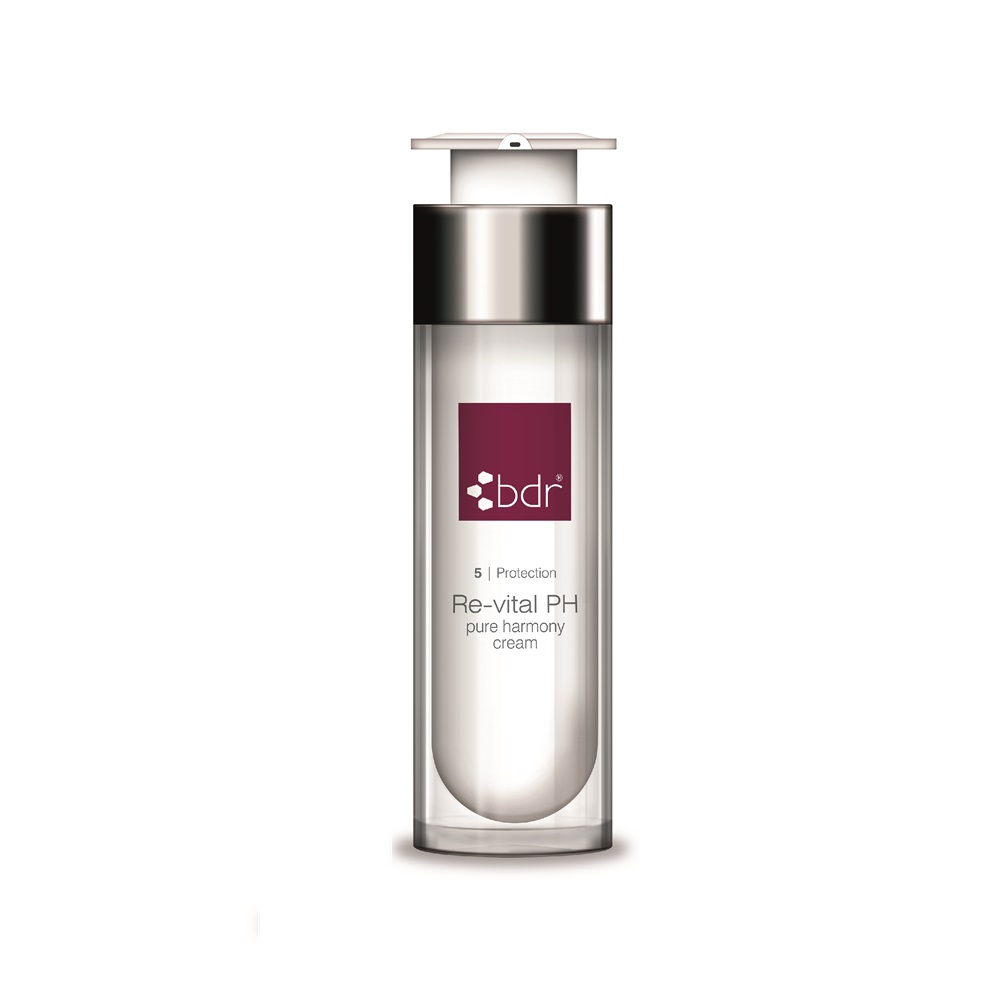

As far as diet is concerned, a wholefood, minimally processed diet is ideal in the treatment of acne and oiliness. More specifically, it is recommended to avoid simple carbohydrates and sugars - such as white bread, pastries, and sweets, and instead opt for wholegrain sources of carbs. Consume dairy products only in moderation and choose unprocessed and unflavoured varieties such as full-fat kefir and yoghourt.
It is a good practice to follow to change your bedding weekly and removing your makeup before bed as both can prevent the clogging of the pores. Ensure you regularly sanitise your phone to avoid the transfer of bacteria to your skin.
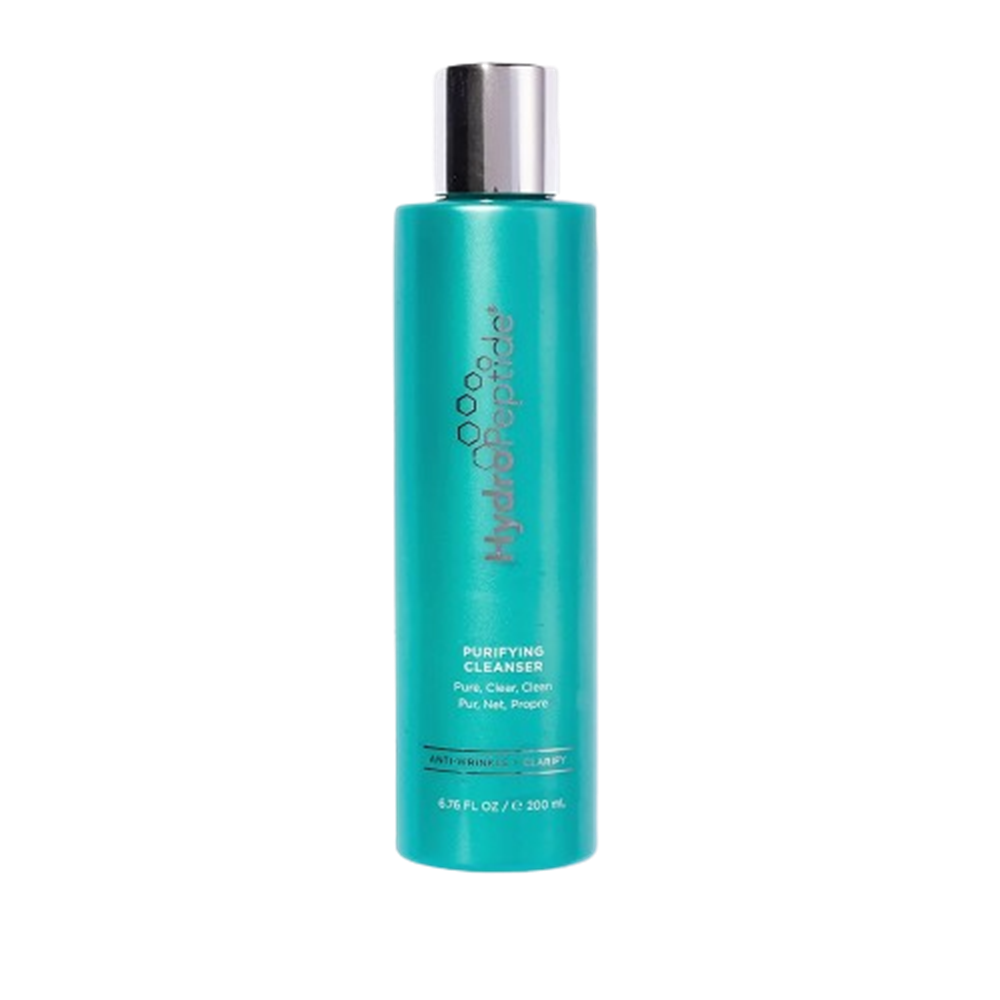

The best ingredients to prevent and treat acne and oiliness are cleansing or skin prepping products rich in salicylic acid, such as cleansers, scrubs and toners. Salicylic acid works by penetrating the hair follicle and oil gland to dissolve the acne-causing blockages of dead skin cells, oil and other debris. However, over drying the skin with excessive cleansing routines can be counterproductive leading to more oiliness and acne.
Antioxidants are very useful as well, because they strengthen the skin barrier and protect the skin from environmental damages. A skin with a stronger barrier function is less likely to develop acne and heals in a way that reduces the chances of scar formation.
Retinol or Vitamin A is a type of antioxidant that is most widely used in acne and oiliness. Retinol has the ability to control the activity of the sebaceous (oi) glands to give the skin a more mattified appearance and accelerate the speed of skin renewal to prevent the pores from clogging.
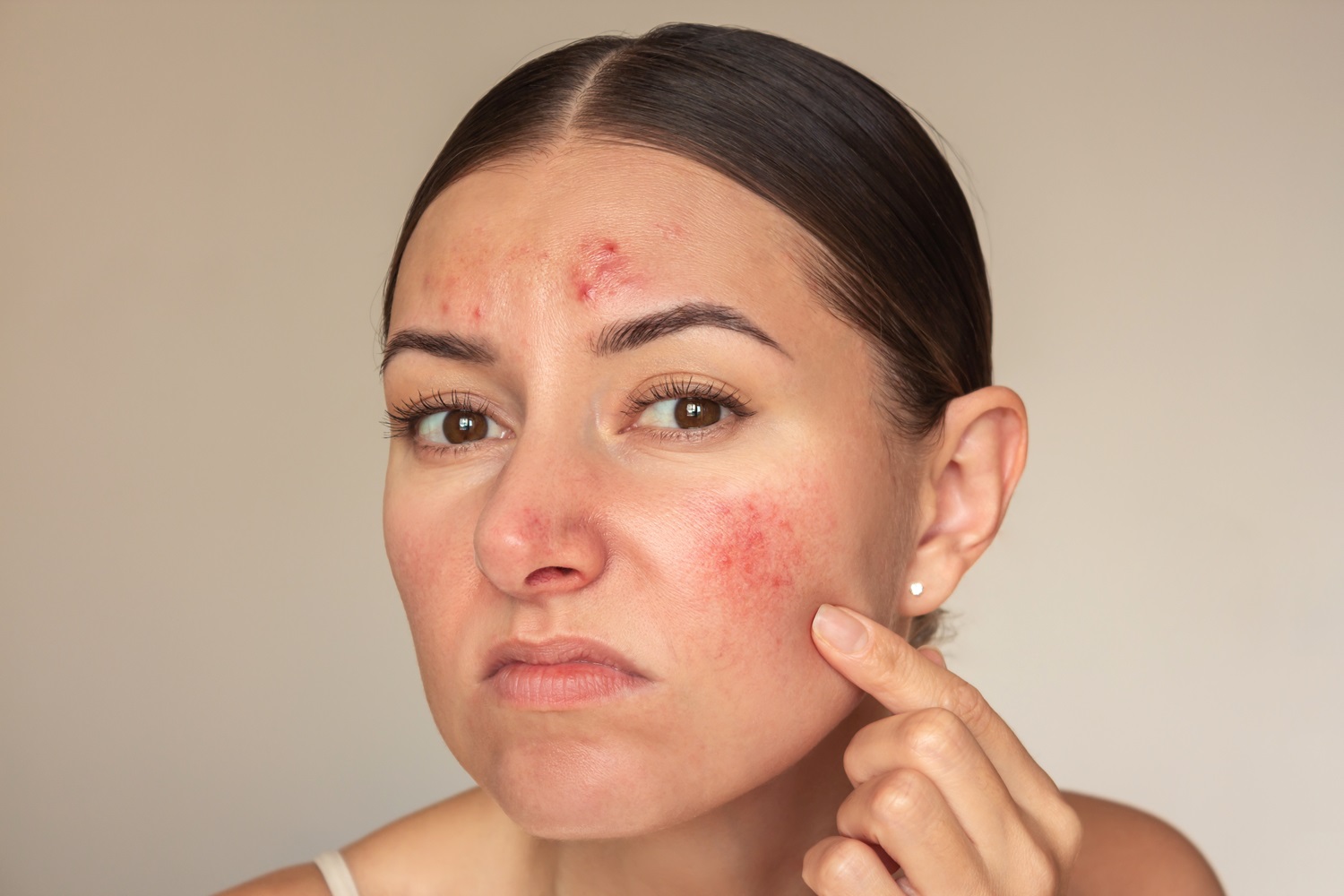
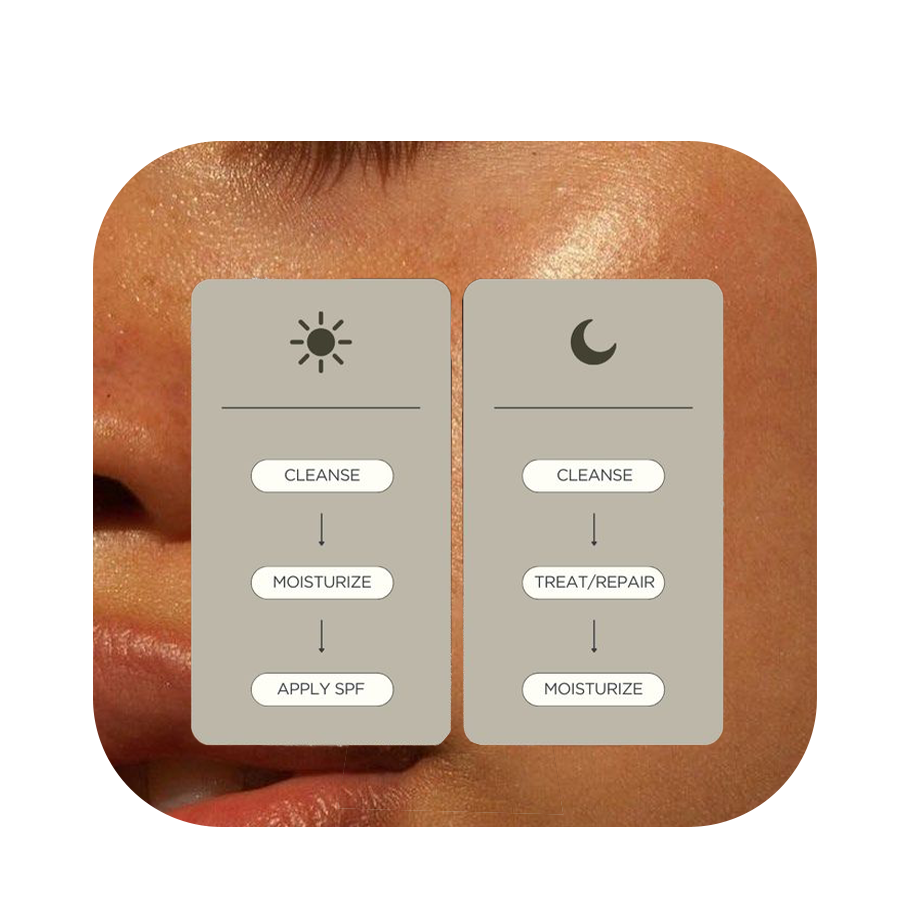
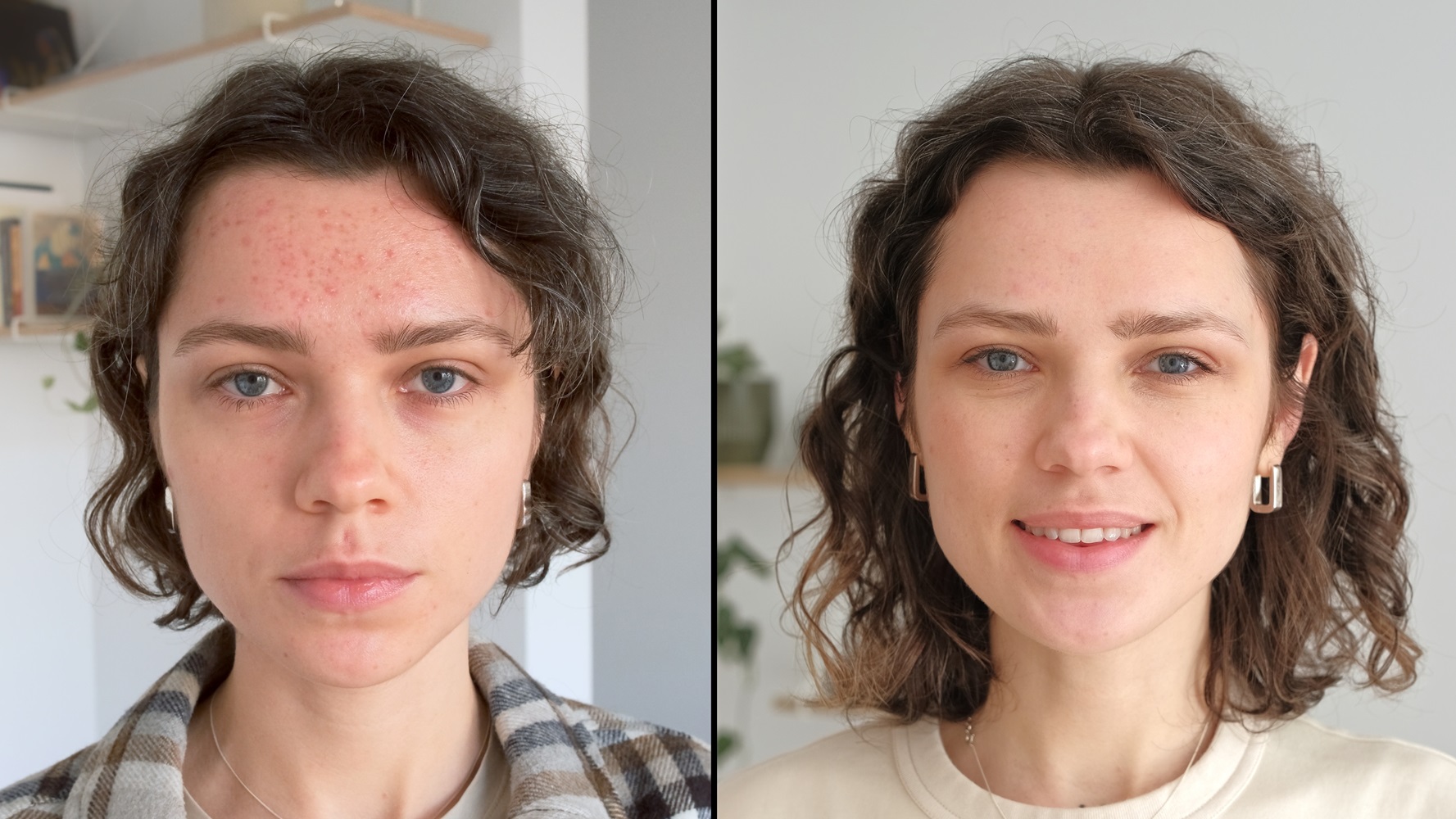
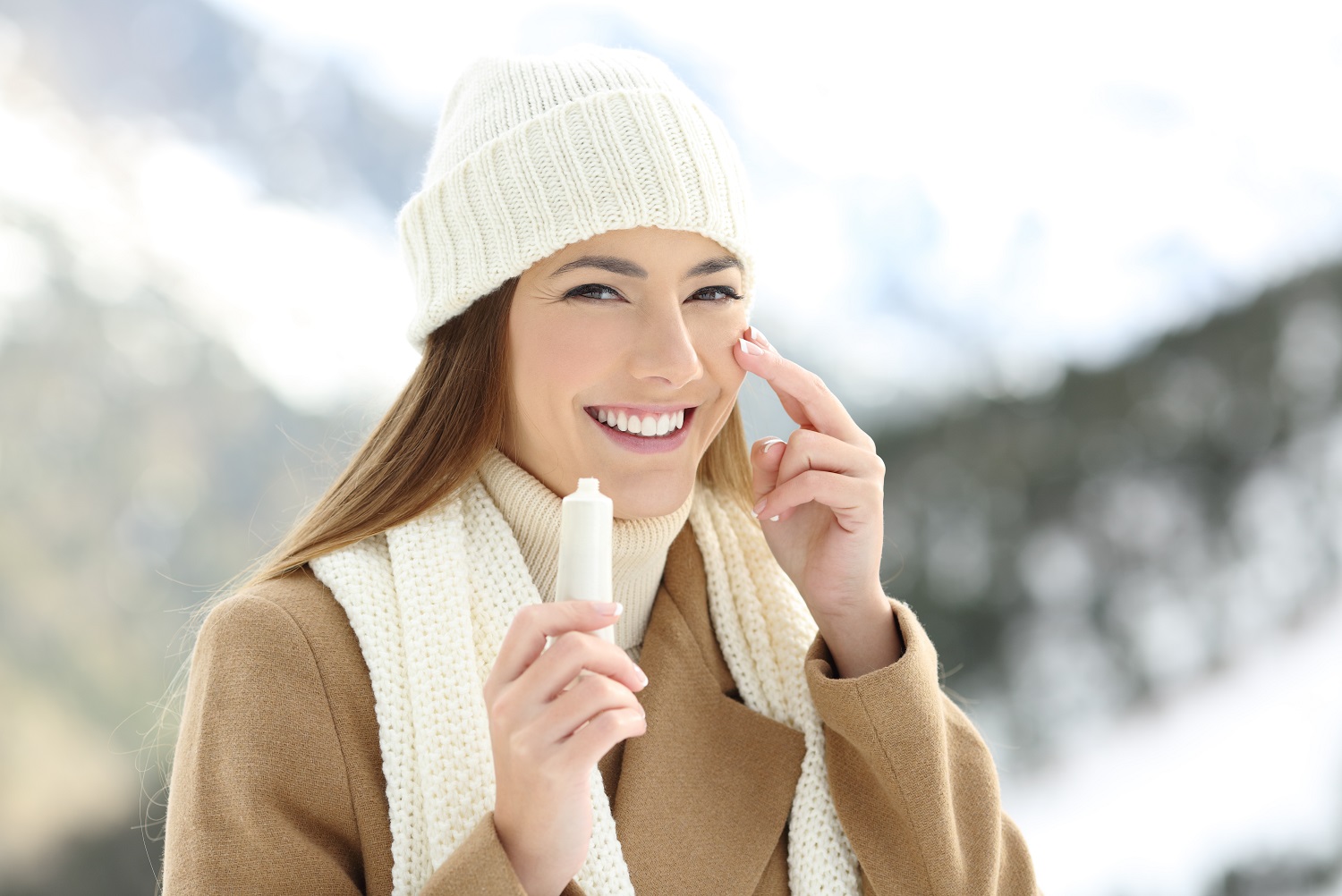
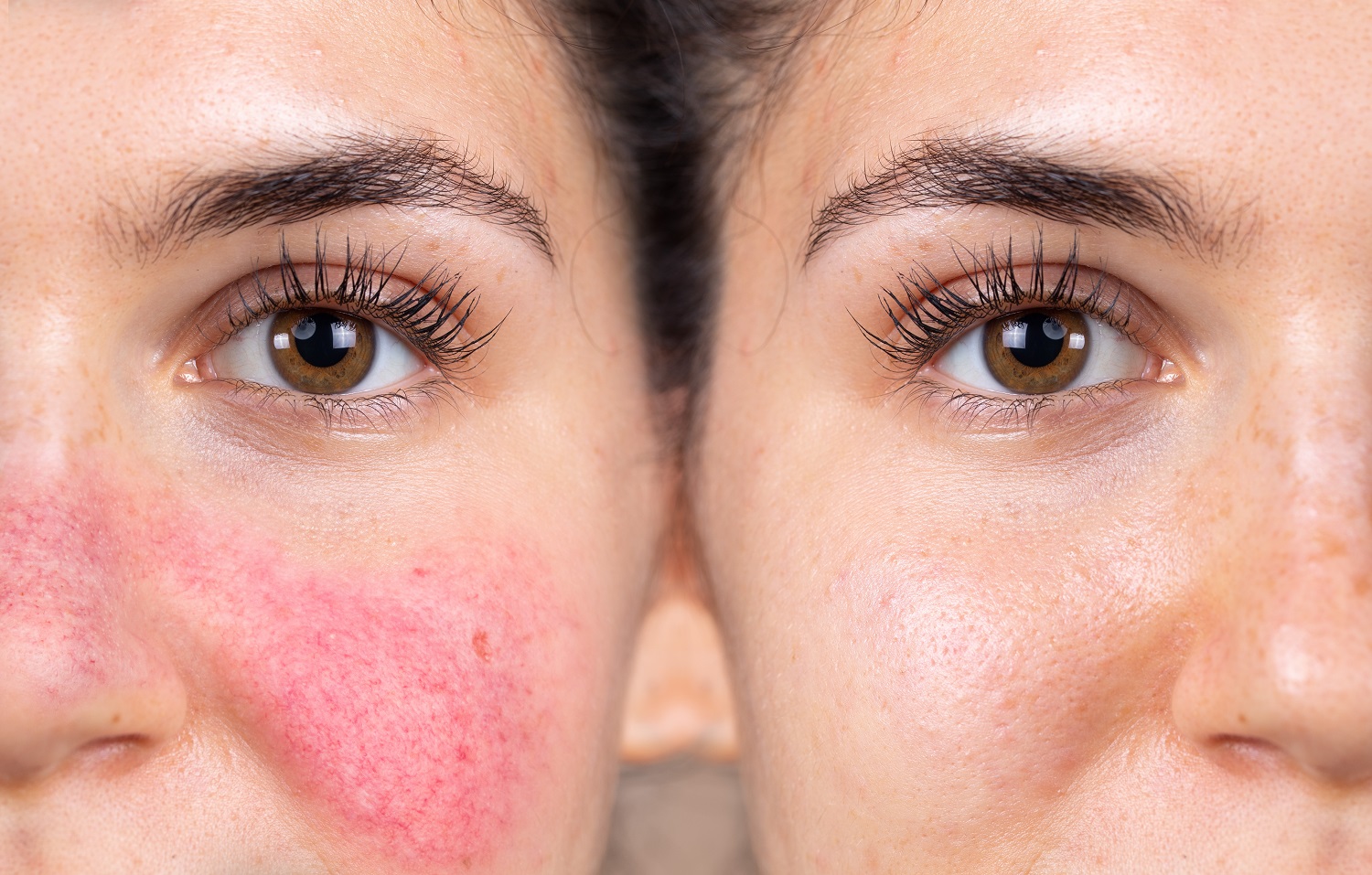
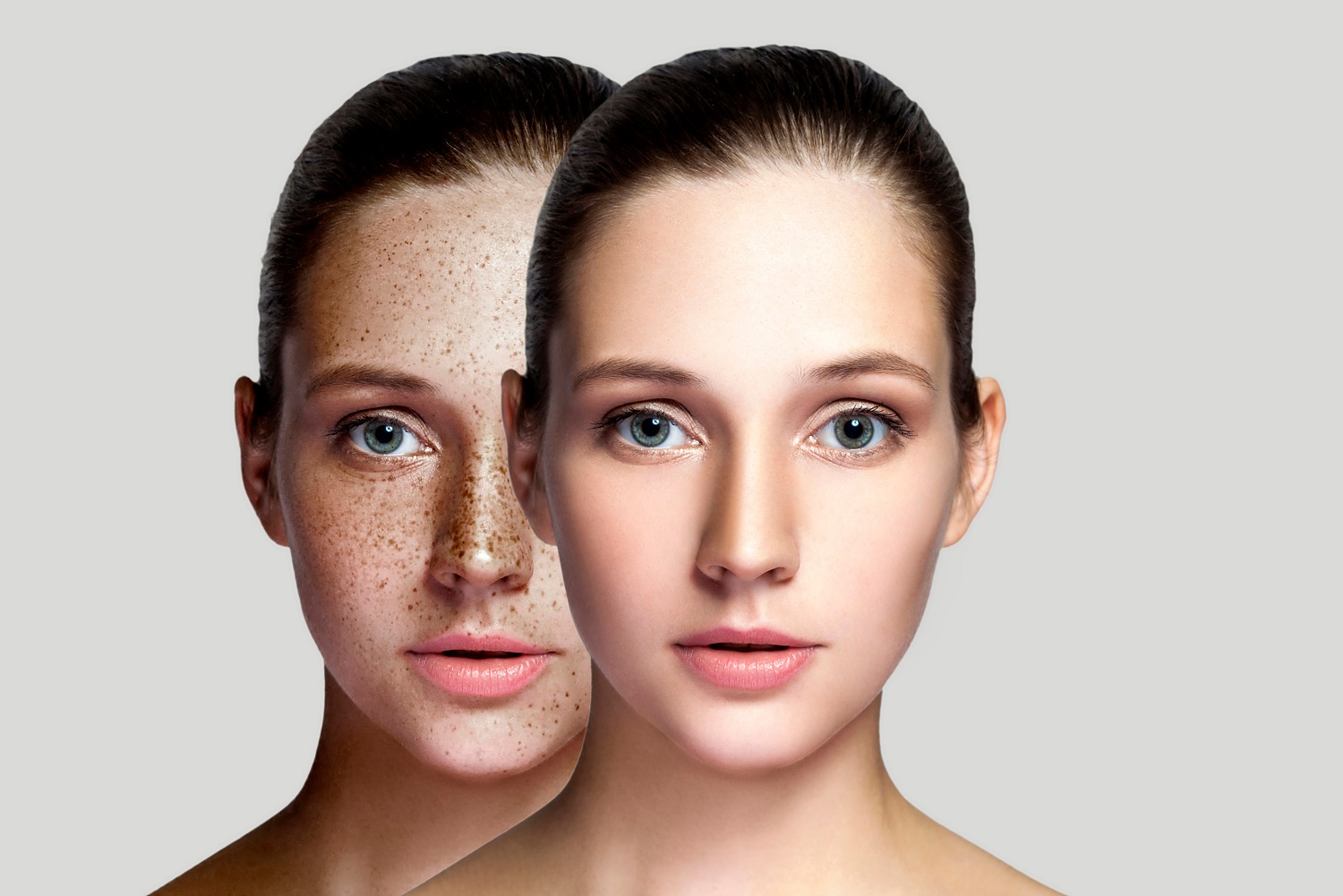

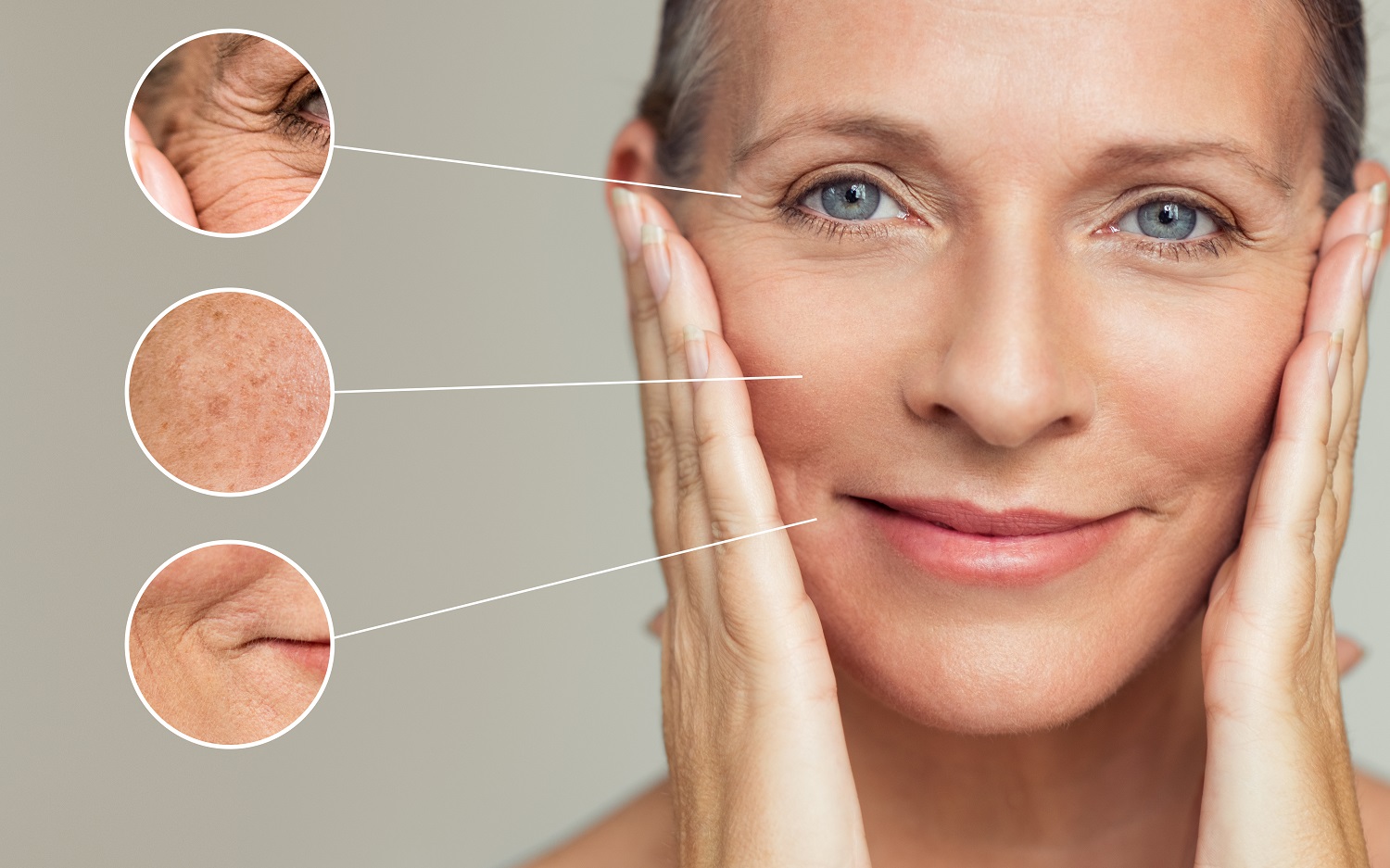
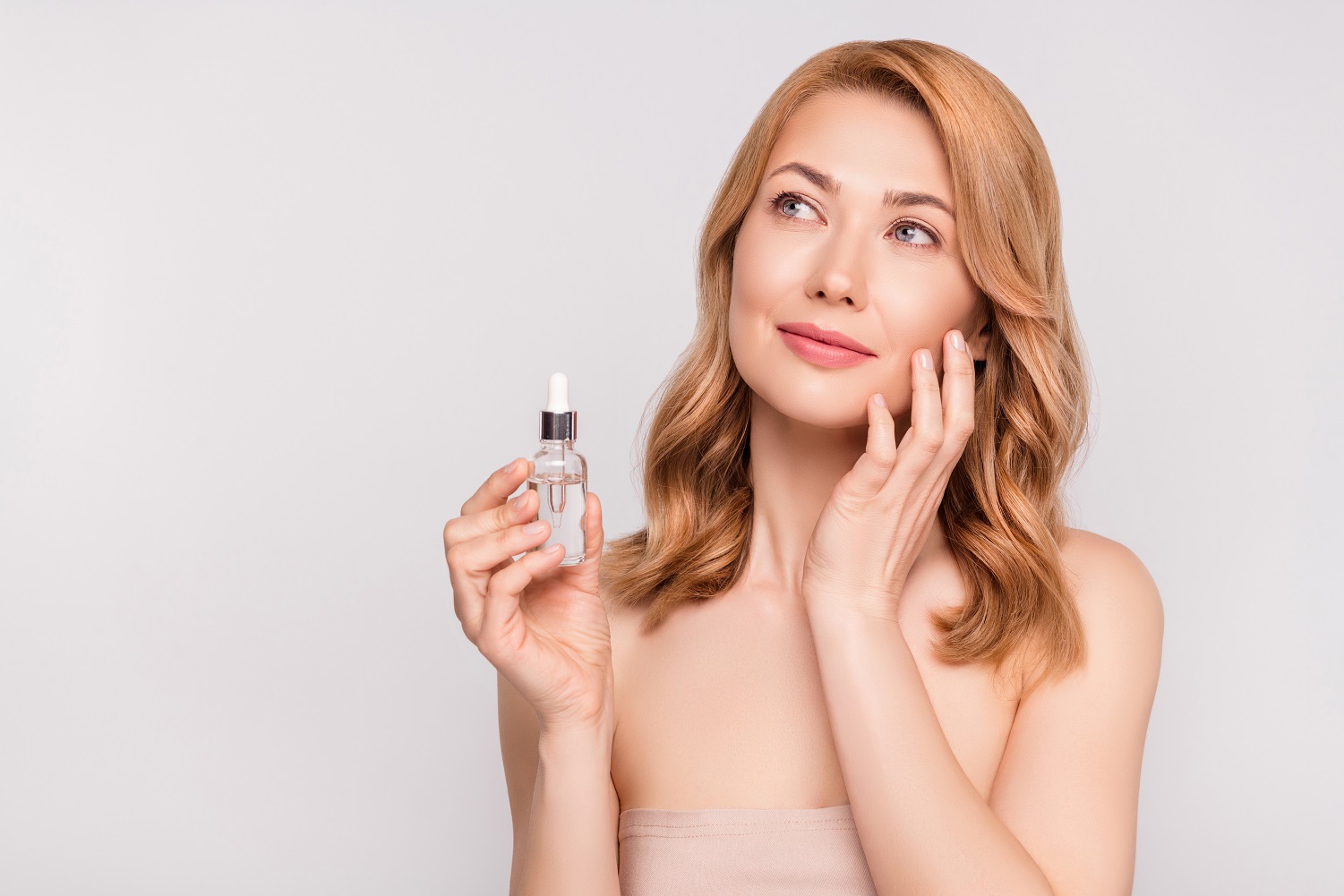
On occasion, we may gather information about your computer for our services and to provide statistical information regarding the use of our website to our advertisers.
Such information will not identify you personally it is statistical data about our visitors and their use of our site. This statistical data does not identify any personal details whatsoever. It is used by use to analyse how visitors interact with the Website so that we can continue to develop this website and make it a better experience for our visitors.
We may gather information about your general internet use by using a cookie file that is downloaded to your computer. A cookie is a small file of letters and numbers that we store on your browser or the hard drive of your computer if you agree. Cookies contain information that is transferred to your computer's hard drive. Where used, these cookies are downloaded to your computer automatically. This cookie file is stored on the hard drive of your computer as cookies contain information that is transferred to your computer's hard drive. They help us to improve our website and the service that we provide to you
We may gather information about your general internet use by using a cookie file that is downloaded to your computer. A cookie is a small file of letters and numbers that we store on your browser or the hard drive of your computer if you agree. Cookies contain information that is transferred to your computer's hard drive. Where used, these cookies are downloaded to your computer automatically. This cookie file is stored on the hard drive of your computer as cookies contain information that is transferred to your computer's hard drive. They help us to improve our website and the service that we provide to you
We use the following cookies:
Our advertisers may also use cookies, over which we have no control. Such cookies (if used) would be downloaded once you click on advertisements on our website.
Disabling Cookies
Cookies will usually increase the usability and your experience of this website, however if you wish to browse our site without using cookies, most internet browsers will give you the option to refuse to accept the cookies. Although the browser settings are dependent on the browser that you are using on your device, you can generally choose to customise your setting under the Tools menu. You can also opt-out of Google Analytics for Display Advertising and customize Google Display Network ads using the Ads Settings. In addition, you can use the Google Analytics Opt-Out Browser Add-on to disable tracking by Google Analytics.
Thank you for visiting our site.

When you visit any website, it may store or retrieve information on your browser, mostly in the form of cookies. This information might be about you, your preferences or your device and is mostly used to make the site work as you expect it to. The information does not usually directly identify you, but it can give you a more personalized web experience. Because we respect your right to privacy, you can choose not to allow some types of cookies. Click on the different category headings to find out more and change our default settings. However, blocking some types of cookies may impact your experience of the site and the services we are able to offer.
These cookies are necessary for the website to function and cannot be switched off in our systems. They are usually only set in response to actions made by you which amount to a request for services, such as setting your privacy preferences, logging in or filling in forms. You can set your browser to block or alert you about these cookies, but some parts of the site will not then work. These cookies do not store any personally identifiable information.
These cookies allow us to count visits and traffic sources so we can measure and improve the performance of our site. They help us to know which pages are the most and least popular and see how visitors move around the site. All information these cookies collect is aggregated and therefore anonymous. If you do not allow these cookies we will not know when you have visited our site, and will not be able to monitor its performance.
These cookies are set by a range of social media services that we have added to the site to enable you to share our content with your friends and networks. They are capable of tracking your browser across other sites and building up a profile of your interests. This may impact the content and messages you see on other websites you visit. If you do not allow these cookies you may not be able to use or see these sharing tools.
These cookies may be set through our site by our advertising partners. They may be used by those companies to build a profile of your interests and show you relevant adverts on other sites. They do not store directly personal information, but are based on uniquely identifying your browser and internet device. If you do not allow these cookies, you will experience less targeted advertising.
These cookies enable the website to provide enhanced functionality and personalisation. They may be set by us or by third party providers whose services we have added to our pages. If you do not allow these cookies then some or all of these services may not function properly.